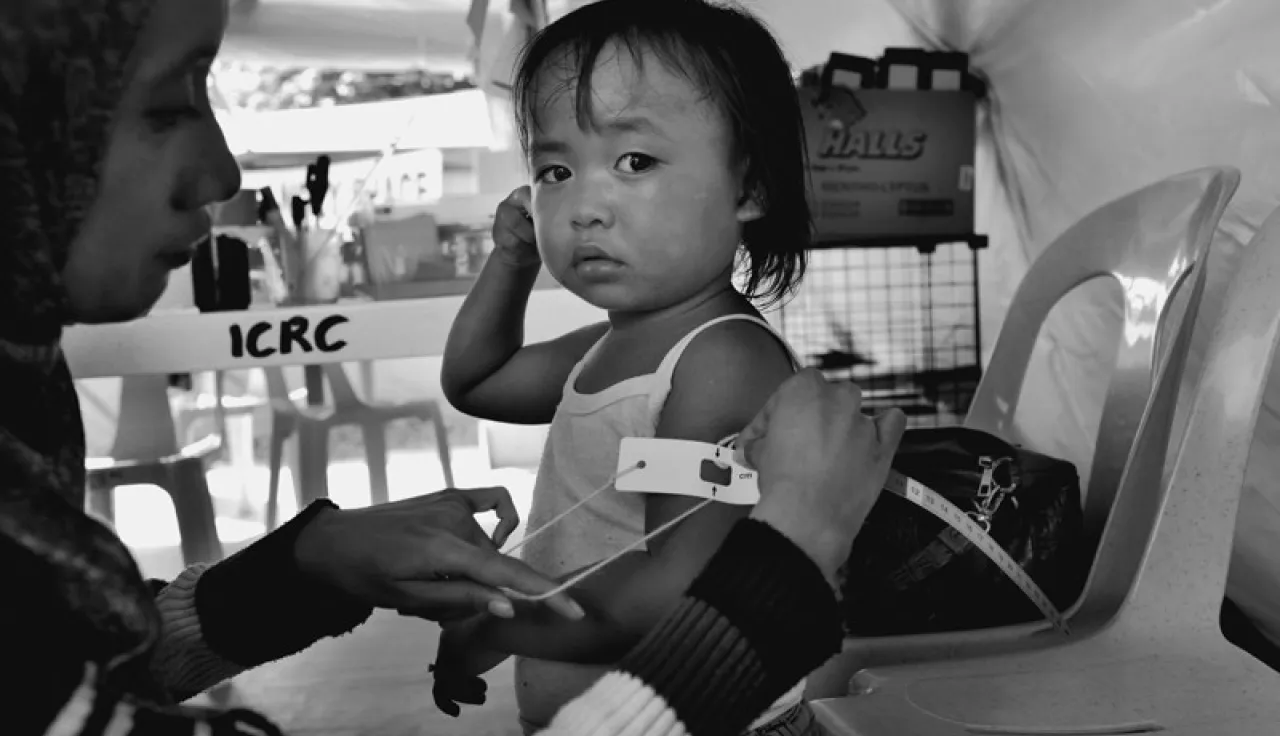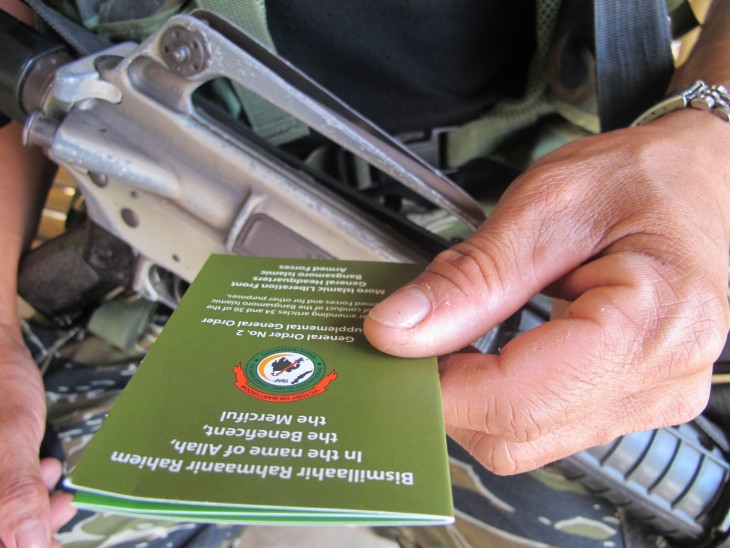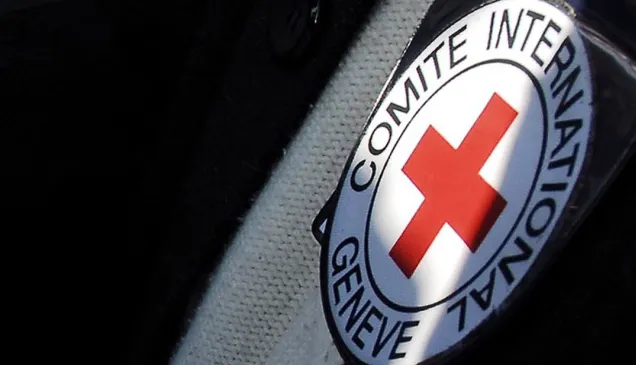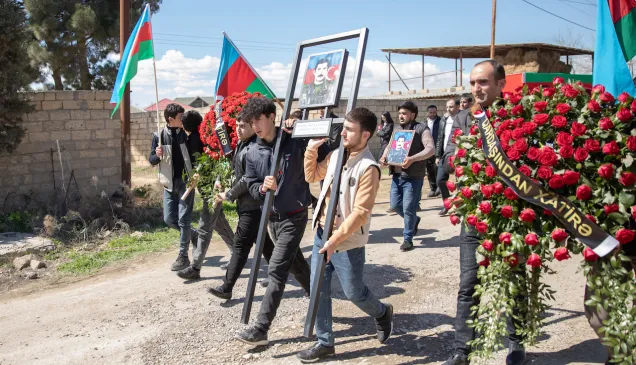Philippines: Wars without limits are wars without end

ICRC-commissioned survey of 17,000 people in 16 countries reveals both reassuring and troubling views on issues relating to war
By Pascal Porchet
Head of the ICRC delegation in the Philippines
Syria. Iraq. Afghanistan. Yemen. South Sudan. Every day we hear of civilians being killed or injured, too often in violation of international humanitarian law (IHL), and with impunity.
Meanwhile, the number of conflicts has risen dramatically over the past two decades, and so has the number of displaced people. Around 60 million people remain displaced from their homes, a figure surpassed only during World War II. Sadly, 2016 marks yet another year of record-high global forced displacement, with two thirds of those affected displaced internally.
In a world where wars continue to rage and regularly turn into protracted and long-lasting suffering of the civilian population, can we actually say that the laws of war are still relevant?
The good news is: not all hope is lost.
IHL, which protects people who are not or are no longer participating in hostilities, still matters, especially for the people living in war-torn countries. When we asked more than 17,000 people from 16 countries, two thirds of the respondents thought it still makes sense to impose limits on war.
In the "People on War" survey commissioned by the ICRC from June to September 2016, we asked people about their views on a range of issues relating to war. The results of this survey, carried out by WIN/Gallup International, reveal that a majority still believe that torture is wrong, that civilian casualties should be minimized even in modern warfare, and that humanitarian workers should be protected. A staggering 82% say that violence against healthcare is unacceptable and that attacking hospitals, ambulances, and health workers is wrong. Three quarters of those surveyed also believe that health workers should treat wounded and sick civilians from all sides of a conflict.

Yet, the survey also shows that many people no longer believe that the Geneva Conventions prevent wars from getting worse. And we have observed a growing disconnect between public opinion and the reality on the ground, which is a result of increasingly fragmented conflicts and more foreign interventions, accentuated by the policies and actions of States and armed groups.
In my work with the ICRC over the last decade, I have personally witnessed the enormous suffering caused by attacks against civilians, hospitals, and essential infrastructure; and we all know full well from the news that these violations of the laws of war are continuing. It is saddening that a growing number of people have become resigned to the death of civilians as an inevitable part of warfare. These are worrying trends, and therefore this report comes at a critical time, when we have seen a massive amount of devastation brought about by conflicts around the world.
IHL in the Philippine context
Although the Philippines, where several non-international armed conflicts are taking place, was not part of the 2016 survey, I have reason to believe that the essence of IHL strongly resonates with the Filipino public and that the rules of war are seen as relevant by the authorities, security forces, and non-state armed groups alike.
I am encouraged by the fact that the Philippines has ratified almost all relevant IHL treaties and conventions. It is also one of the first Asian countries to adopt a domestic law providing punishments for violations of IHL (Republic Act 9851 of 2009); and an act protecting the use of the Red Cross and other emblems (Republic Act 10530 of 2013).

The Philippines has integrated the teaching of IHL in the armed forces, the judiciary, and police institutions; while the armed forces and some non-state armed groups have integrated IHL into their code of conduct in hostilities, or are engaged in a dialogue with us on the relevance and application of IHL.
However, much remains to be done to reduce the impact of these conflicts: the Internally Displaced Persons (IDP) Bill, which would strengthen the protection of Filipinos who are displaced from their homes, has yet to be enacted into law. Agreements such as the Cluster Munitions Convention, the Arms Trade Treaty, and the Convention on the Protection of Cultural Property (Hague Convention) have not yet been ratified by the Philippine Congress.
Fighting for IHL
In the Philippines and in many parts of the world, it is no longer just two groups fighting each other. The number of stakeholders in armed conflicts is increasing, making compliance with IHL and unimpeded humanitarian access to victims of armed conflict ever more difficult.
Therefore, the ICRC now has to "fight" as well —at least for respect for IHL—because of the global tendency to shove it aside all too readily.
In this year's World Humanitarian Summit in Istanbul, we called for States to strengthen their respect for IHL as it is "the single most important way to improve the lives of civilians, the wounded, detainees, and others not participating in the hostilities."
Under humanitarian law, the parties to a conflict – whether they are States or non-state armed groups – bear the primary responsibility for protecting and looking after the people under their control, so they must take concrete steps by condemning deliberate attacks, stopping the use of heavy weapons, punishing those violating IHL, ensuring unhindered access to humanitarian aid, and protecting and helping the displaced.
Your voice is important, too, in preventing the suffering of more civilians. Spread the message that IHL saves lives and reduces suffering, and that it maintains a certain degree of humanity in inhuman situations.
Speak out against IHL violations, against attacks directed at health care providers, essential infrastructure, and aid workers whenever and wherever it happens. And demand greater political will from all stakeholders to uphold the basic rules and principles of humanity.
Our president Peter Maurer couldn't have captured it more meaningfully: "The rules of war establish limits. Wars without limits are wars without end. And wars without end mean endless suffering. We must never allow ourselves to be numb to human suffering."
Pascal Porchet heads the ICRC delegation in the Philippines, which has around 240 staff working to assist and protect victims of armed conflict and other situations of violence. He has worked for the ICRC since 2004 in Nepal, Rwanda, the Kashmir Region of Pakistan, Jordan, Colombia, the regional delegation for Niger and Mali, and in Iraq.



